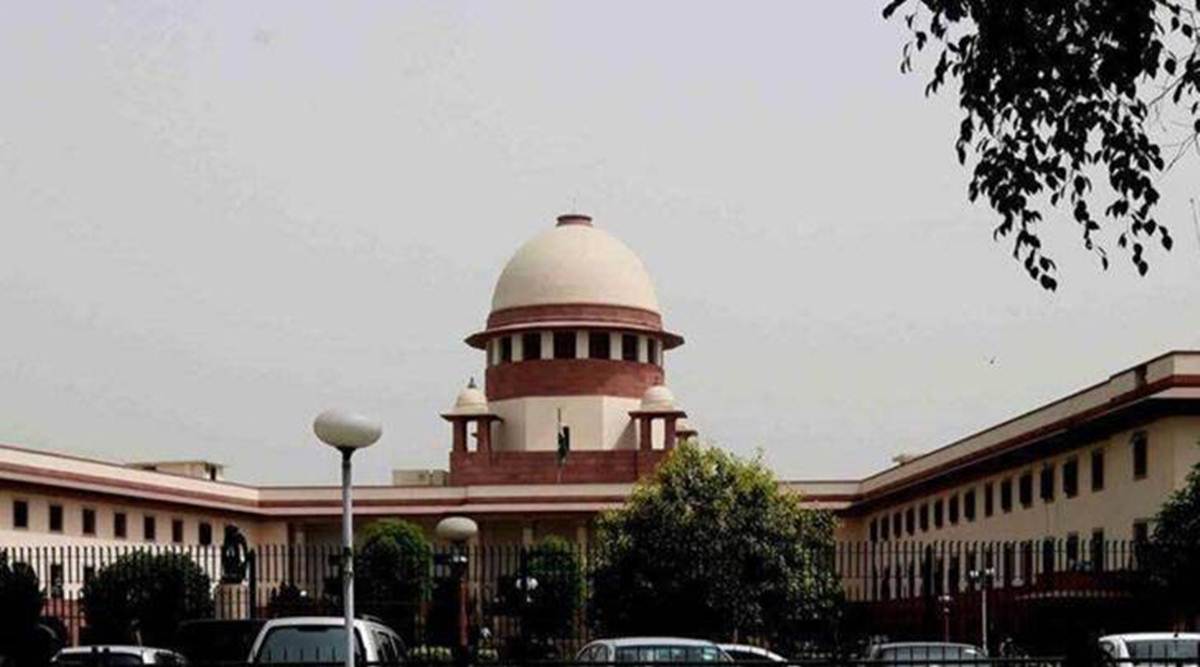Policies made under pressure may not reflect changed social dynamics to re-look quota order: petitioners in SC
The bench was hearing a challenge to the Maharashtra State Reservation for Socially and Educationally Backward Classes (SEBC) Act, which provides reservation to the Maratha community in jobs and admissions.
 Supreme Court of India
Supreme Court of India
Reservation policies enacted under social and political pressure may not reflect the “changed social dynamics” to be taken into account to re-evaluate the Indra Sawhney judgment capping reservations at 50 per cent, petitioners opposing the Maratha quota law told a five-judge Constitution bench of the Supreme Court on Wednesday.
The bench headed by Justice Ashok Bhushan was hearing a challenge to the Maharashtra State Reservation for Socially and Educationally Backward Classes (SEBC) Act, which provides reservation to the Maratha community in jobs and admissions.
The court had earlier said that it will consider whether the 1992 Indra Sawhney judgment by a nine-judge bench needs to be sent to a larger bench for reconsideration of the 50 per cent liming in view of “changed social dynamics of the society, etc”.
Reflecting on this, senior advocate Rajeev Dhavan told the bench, also comprising Justices L Nageswara Rao, S Abdul Nazeer, Hemant Gupta and S Ravindra Bhat: “What are these dynamics? Can we say that after 70 years there has been no improvement, that there has been a regression? Or can we say there has, in fact, been an improvement?”
Dhavan added that “reservations under social and political pressure…may not be the social dynamics to take into account”.
Dhavan contended that under the 102nd Constitutional Amendment, entire power of reservations does not take away the entire power of states with regard to reservation of Socially and Educationally Backward Classes. States have huge power as far as the implementation stage is concerned, he said.
The senior counsel also stressed that there has been no judgment till date which doubts the correctness of the Indra Sawhney verdict.
Referring to a part of the 1992 order, which said it is not advisable to grant reservations in some areas, Dhavan argued that “this reinforces the differential principle”. He said, “Firstly, there is no obligation at all. A political obligation to an electorate is not a constitutional obligation.”
On the recently introduced quota for economically weaker sections (EWS), he said that in the light of the Sawhney judgment, it has to fall within the 50 per cent bracket. “We are dealing with 50 per cent, which has to include EWS…. These are equality enhancing provisions. It has to come within the 50 per cent,” he submitted.
Senior advocate Pradeep Sencheti sought to assail the contents of the Justice M G Gaikwad Commission, whose report formed the basis for granting SEBC status to the Maratha community, and pointed to problems with sampling. The Gaikward committee report is only “convenient paperwork”, and “areas are chosen, people are chosen and results compared as per convenience of the committee…” he said.
Sencheti submitted that should the court find his arguments on the report wrong, even then it was at the most only a case of inclusion of Marathas in the list of OBC, within the 50-per cent limitfrom India | The Indian Express https://ift.tt/3eUyAts
via IFTTT




